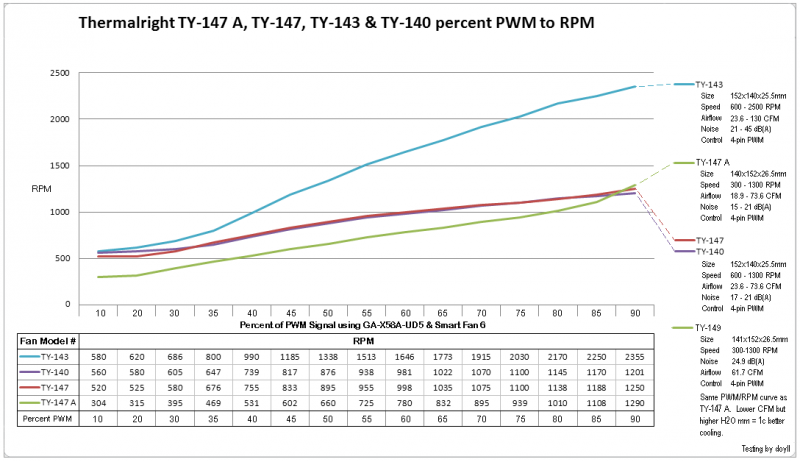Afternoon,
I've got the above and currently have 2 x bequiet! pure wings 2 fans which are intake and 1 as an exhaust on the back. (running at 750rpm each)
I'm not really noticing any problems with heat build up in the case at the moment that I'm aware of - I've got 2 x 140mm Corsair SP140's in push for exhausting air out over a Corsair Hydro H100i which is cooling the CPU.
I've got an MSI 980ti running in there and under load the graphics card doesnt go above 74 degrees. It's about 21 ambient in here so doesn't seem too bad really?
When I had an R290x it was different and the case did get warm with the GPU hitting 76/77.
As I've not had a really hot day in blighty yet with this new 980 and I may do some overclocking of it soon I'm looking for advice on improving the airflow.
So my question boils down to whether 3 x 120 SP's would be a noticeable improvement on intake/airflow and also if it's a big jump in noise as well.
I keep reading good things about Noctua but I'm a little worried about buying 70 quid's worth of fans for little change.
TIA
I've got the above and currently have 2 x bequiet! pure wings 2 fans which are intake and 1 as an exhaust on the back. (running at 750rpm each)
I'm not really noticing any problems with heat build up in the case at the moment that I'm aware of - I've got 2 x 140mm Corsair SP140's in push for exhausting air out over a Corsair Hydro H100i which is cooling the CPU.
I've got an MSI 980ti running in there and under load the graphics card doesnt go above 74 degrees. It's about 21 ambient in here so doesn't seem too bad really?
When I had an R290x it was different and the case did get warm with the GPU hitting 76/77.
As I've not had a really hot day in blighty yet with this new 980 and I may do some overclocking of it soon I'm looking for advice on improving the airflow.
So my question boils down to whether 3 x 120 SP's would be a noticeable improvement on intake/airflow and also if it's a big jump in noise as well.
I keep reading good things about Noctua but I'm a little worried about buying 70 quid's worth of fans for little change.
TIA





 Airspeed causes noise, that's a fact.
Airspeed causes noise, that's a fact.  But the pressure rating of fan make no difference. Just run the fan a a lower speed so there is not grill noise.
But the pressure rating of fan make no difference. Just run the fan a a lower speed so there is not grill noise. 